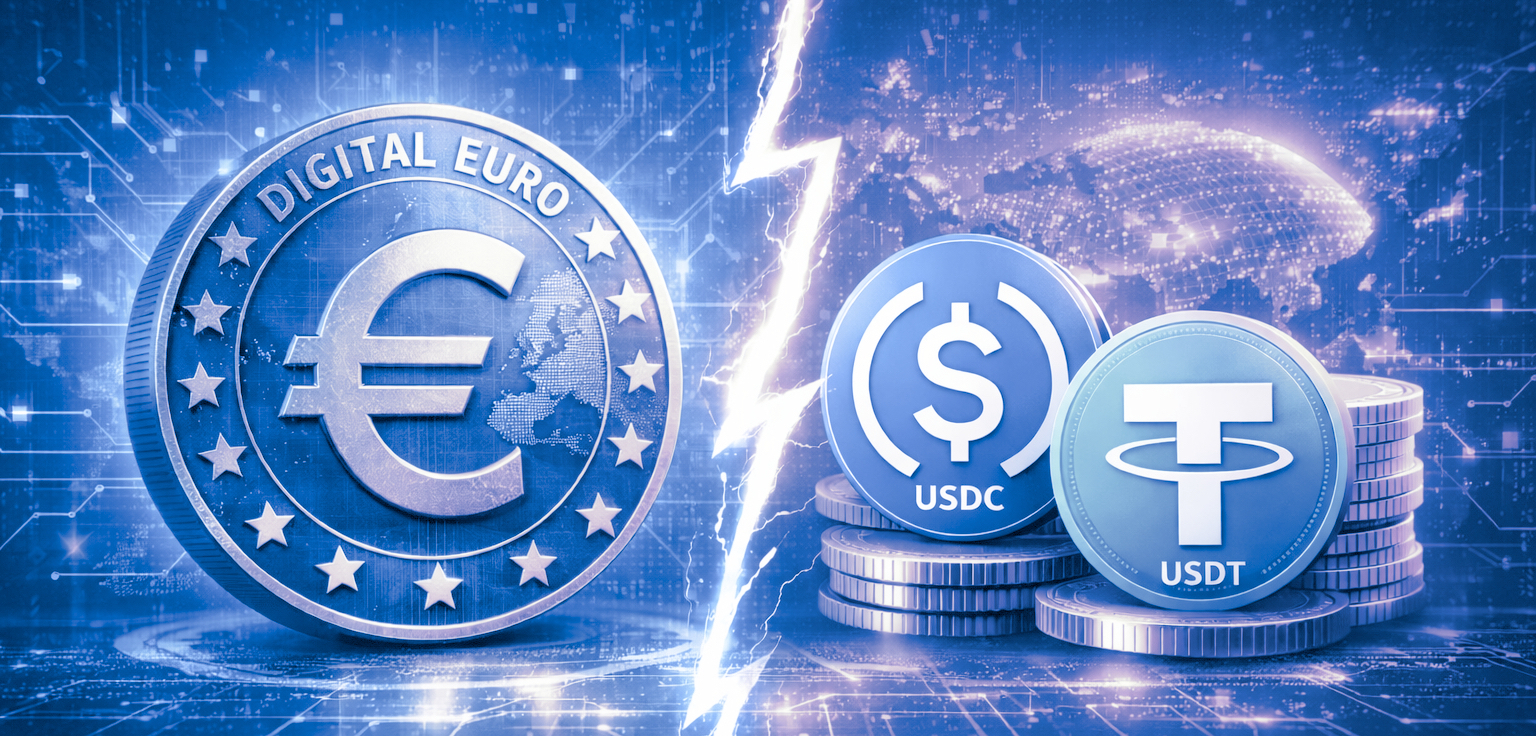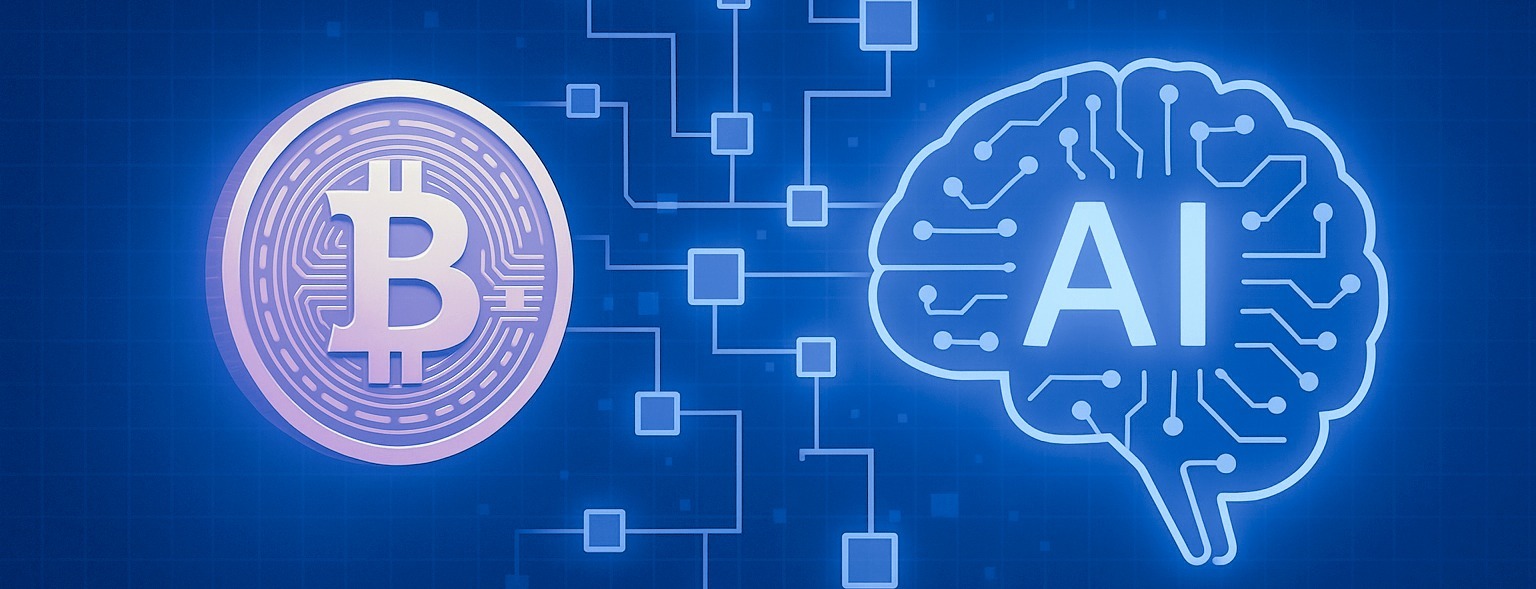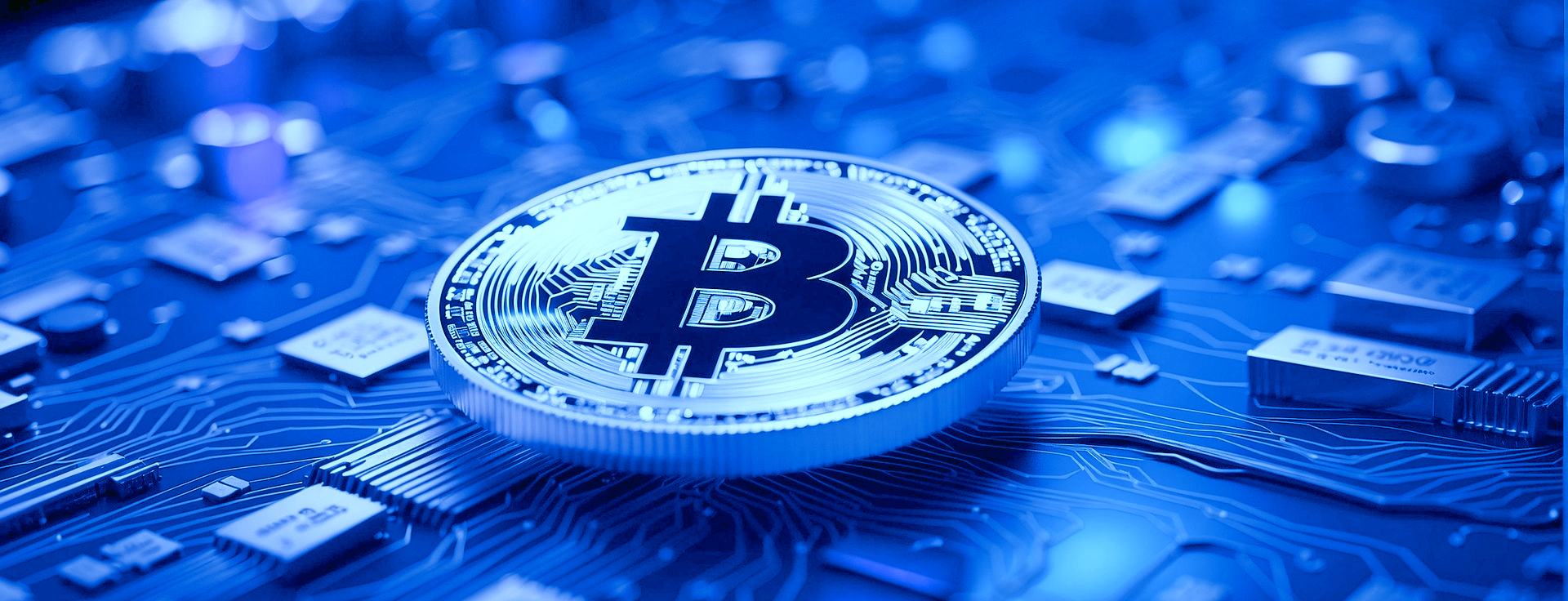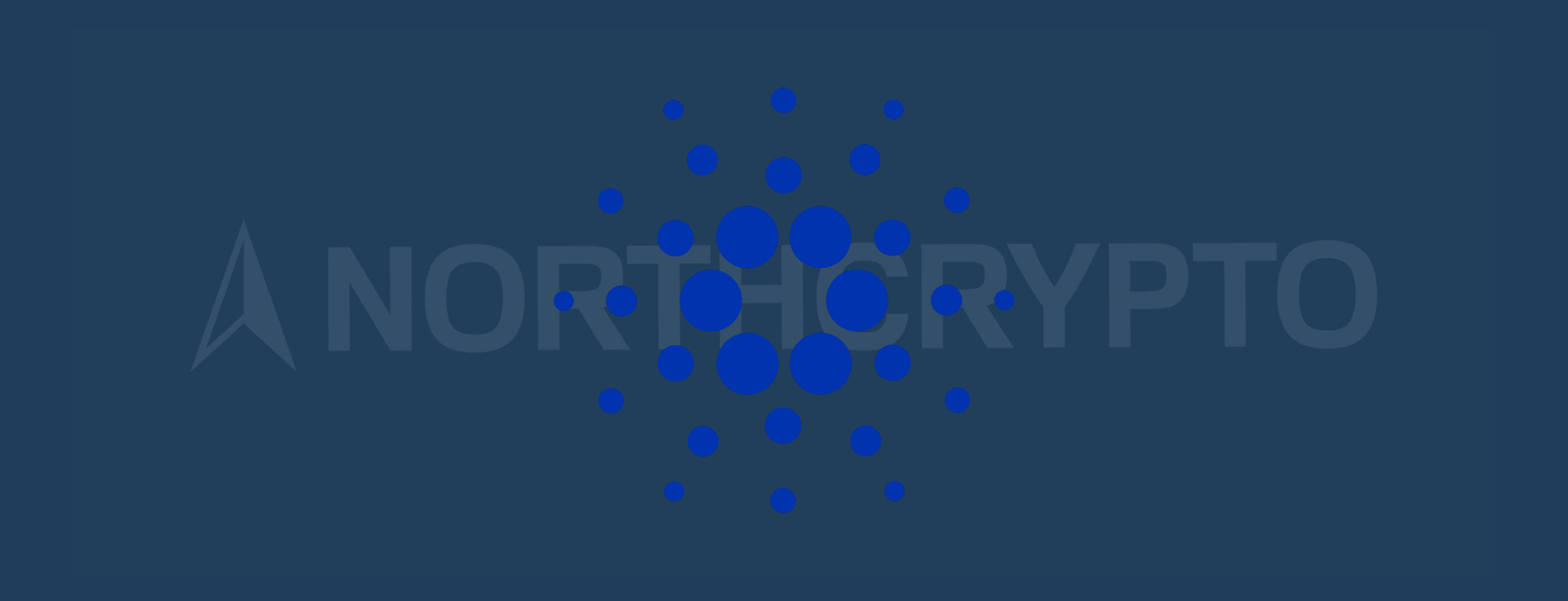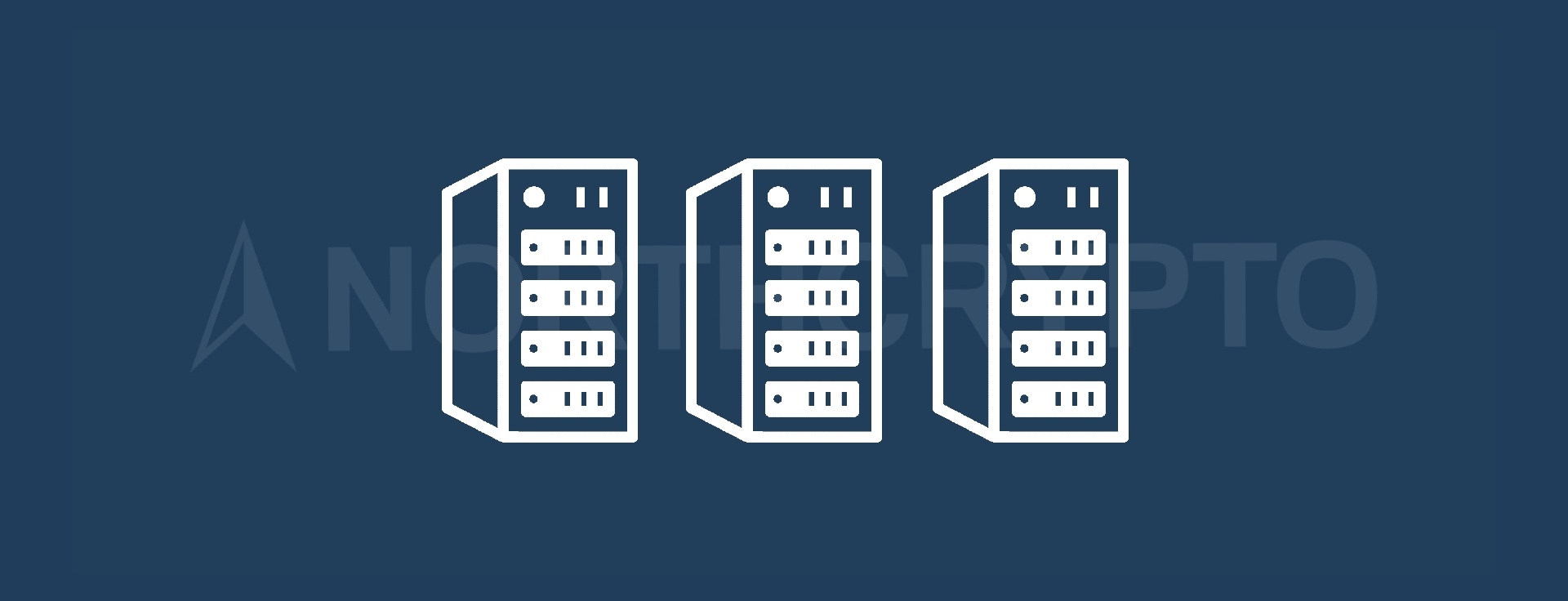What is a blockchain?
Blockchain MiningBlockchain is definitely one of today’s biggest global megatrends. Every cryptocurrency is based on blockchain technology and its basic principles are important to understand. There are very high expectations for blockchain technology all around the world. It is often argued that blockchain technology is by far the greatest technological revolution since the invention of the Internet.
Blockchain technology is a technology, which allows parties in a blockchain to create and maintain a variety of distributed and shared databases. Blockchain is a decentralized, distributed and usually public digital ledger consisting of records called blocks that are used to record transactions. One of the most confidence-building features of blockchain is that it's not possible to change blocks afterward. The biggest benefits of blockchain are definitely security and trust.
The security of the blockchain is guaranteed by decentralization, which takes place by distributing the information stored in the blockchain to countless different servers called nodes. If one node is turned off, it does not affect the blockchain. For example, Bitcoin’s blockchain consists of tens of thousands of nodes that continue to maintain the blockchain and process the data anyway. Paralyzing the Bitcoin blockchain with a cyber attack is an impossible task.
Bitcoin was the first application to utilize blockchain technology. Hacking servers does not affect Bitcoin’s operations in any way, and its network is completely immune to traditional threats such as hacking and trust issues. For example, Bitcoin’s blockchain is an open blockchain. This means that anyone can set up their own node and become one of the administrators of the Bitcoin blockchain.
Traditional centralized database
To understand the principles and benefits of a blockchain, it is important to know what is meant by a traditional centralized database. Centralized database is located, stored, and maintained in a single location. This location is most often a central computer or database system. There are two key challenges in traditional data storages. These challenges are trust and security. Nowadays centralized digital databases are real dream targets for hackers.
In the centralized data model, one of the biggest problems is the trust in the data controller. Today, most of the world’s data is under control by large institutions. Google owns all the internet searches you do, and giants like Amazon and eBay manage your shopping data. Data owners can do almost anything for the data they manage. Centralized databases are also always vulnerable to hackers.
Distributed database (blockchain)
Blockchain is a distributed and shared database, whose goal is to solve the problems of centralized databases. Blockchain enables the storage of any information that is to be maintained in a distributed and reliable location.
The reliability of blockchain is one of the key factors that generate interest in blockchain technology. The data, which is stored in the blockchain cannot be modified afterwards. In addition, all functions performed in the blockchain are always traceable. The members of the blockchain can always trust each other and the correctness of the events performed in the blockchain. Members of the blockchain can also do business without the need for third parties. For example, the blockchain makes it possible to send money without intermediaries and there is no need to rely on a lawyer to draw up a contract when using blockchain.
Blockchain is a distributed and decentralised data structure. Decentralization ensures the security of the blockchain. For example, there are tens of thousands of nodes in the Bitcoin network. Unlike in centralized databases, there are no critical points in the blockchain. Hacking a single node does not affect the operation of the blockchain.
What do the blocks in the blockchain contain?
Simplified, a blockchain consists of interconnected discrete blocks. A blockchain is just data in the chain. The blocks can contain data on any subject that requires recording, such as accounting of transactions, money transfers, document verification, identity management, or even voting. Blockchains can be utilized in a very versatile way for different use cases. One of the various applications utilizing blockchain technology is various cryptocurrencies.
Blockchain blocks contain a predefined amount of information. For example, Bitcoin blockchain blocks are effectively a maximum of about 2 megabits in size. This means that only a certain amount of data can fit in one block. In the Bitcoin blockchain, a new block is added every ten minutes on average.
Blockchain maintenance
Blockchain administrators are called miners. Miners are very powerful computers that compete against each other for who gets to solve the challenging mathematical equation first and create a new block in that blockchain. In practice, miners enable decentralized blockchains to exist.
Some may think that what miners get in return for handing over the computing power of a computer to network maintenance work. The reward miners receive is called a block reward. The block reward is a feature, which is programmed in the blockchain of cryptocurrencies. The block reward also determines how many new cryptocurrencies are generated from each new block. In addition to the block reward, miners also receive a share of blockchain transaction fees.
The future of blockchain
In the future, blockchain can change the world more than many people can even imagine today. Cryptocurrencies use blockchain technology to find solutions to various real-world problems. Today, the blockchain is utilized in several different sectors and its use cases are constantly growing.
Cryptocurrencies are just one of many things that blockchain makes possible. The world's largest companies are constantly investing huge amounts of money to develop their own blockchain-based solutions. The interest in the opportunities offered by blockchain is huge. Blockchain is likely to change the world in multiple ways in the future. In the context of blockchain, the use of the term technological revolution is not an exaggeration.
